Alumnae unite for change
Alumnae respond to Black Lives Matter movement
November 13, 2020
This summer, as the country erupted in conversations, debates and protests following the murder of George Floyd, current students and alumnae were discouraged by the response from Mount’s administration.
The Mount’s initial Instagram response was flooded with comments by concerned alumnae. This group, galvanized by the momentum of the movement, saw a race issue within our school, and came together to demand changes in the community.
By mid-June, the administration had their first meeting with alumnae to discuss racism and diversity issues within the community. The in-person listening session was attended by 25 Black alumnae, parents of alumnae, administrators, Dr. Julianna Mosley, the discussion’s moderator, and one current student, Sydney Okeke ‘22.
The session lasted over two hours, during which the administration listened to and documented the very raw and personal stories of racism shared by alumnae.
“In remembering that night, intense is the best word I could use,” said alumnae Megan Schanes ‘19.
This intensity was a shared feeling in the room that night.
Jeniffer Lin ‘76, said in an email that she “was horrified by some of the accounts,” commenting that, “experiences like those leave scars that run deep.”
Despite the heaviness of the meeting, Schanes felt there was a “unification present… in the support, empathy and validation that was palpable between the women who shared their experiences that night.”
Reflecting on the same event, Sr. Charlene Diorka said, “You could almost find a voice that you had silenced at some point in your life because you either were afraid, or you didn’t want to, or you weren’t even aware of what you were fully feeling until you started to speak and you knew it touched something deep inside you.”
The Black alumnae were challenged to help our school do better, and they did not shy away from that call. Following the initial meeting, there were three follow up zoom meetings with the administration. These were open to any alumnae who wished to join.
Just a few weeks after their June graduation, Nasya Stinson ‘20 and Micaelina Carter ’20 decided to create a platform to highlight the voices of Black Mounties. Throughout the summer, they conducted a series of “Instagram lives” interviewing Black alumnae about their time at the Mount.
Reflecting on the experience, Carter said, “One of the most memorable things I learned…was that I was not alone in my experiences as a woman of color at the Mount. After talking to countless alums, I found that my feelings of isolation were not ones that only I felt, as I had previously believed.”
These repressed feelings of isolation, as Carter mentioned, have been felt by alumnae leading all the way back to the late eighties. As Lynette Cohen ‘13 said, she is “disappointed to learn that the classes from 1986 to 2020 all experienced the same trauma.”
After seeing this generational trauma, Cohen became increasingly vocal with her demands for change. In addition to offering to help facilitate change in our community, Cohen said, “I believe the Mount can change as long as the administration and faculty are held accountable.”
“We need to do better and we need to have difficult conversations — not just among students, but as a community including alumnae, parents, staff, and faculty,” said Lin.
Other allies, like recent Mount graduate Caroline Bittenbender ‘20, chose to take a more passive role as a listener. Rather than control the conversations, she emphasizes that allies need to work on educating themselves.
Bittenbender advises, “Take classes that cover the histories of and issues affecting minorities. Watch documentaries or YouTube videos or films, or read articles that give perspective to how things like redlining or housing policy have fed into the systemic racism this country still experiences today.”
The overall message from the alumnae: get comfortable with having uncomfortable conversations.
The alumnae believe that Mounties need to be taught about uncomfortable topics, such as the reality of racial inequality in our school, in order to obtain the holistic education promised in the mission statement.
As recent graduate Nasya Stinson said, having those uncomfortable conversations will enable us “to look at the world from a different perspective and understand the issues that POC have to face at Mount and in the world as a whole.”

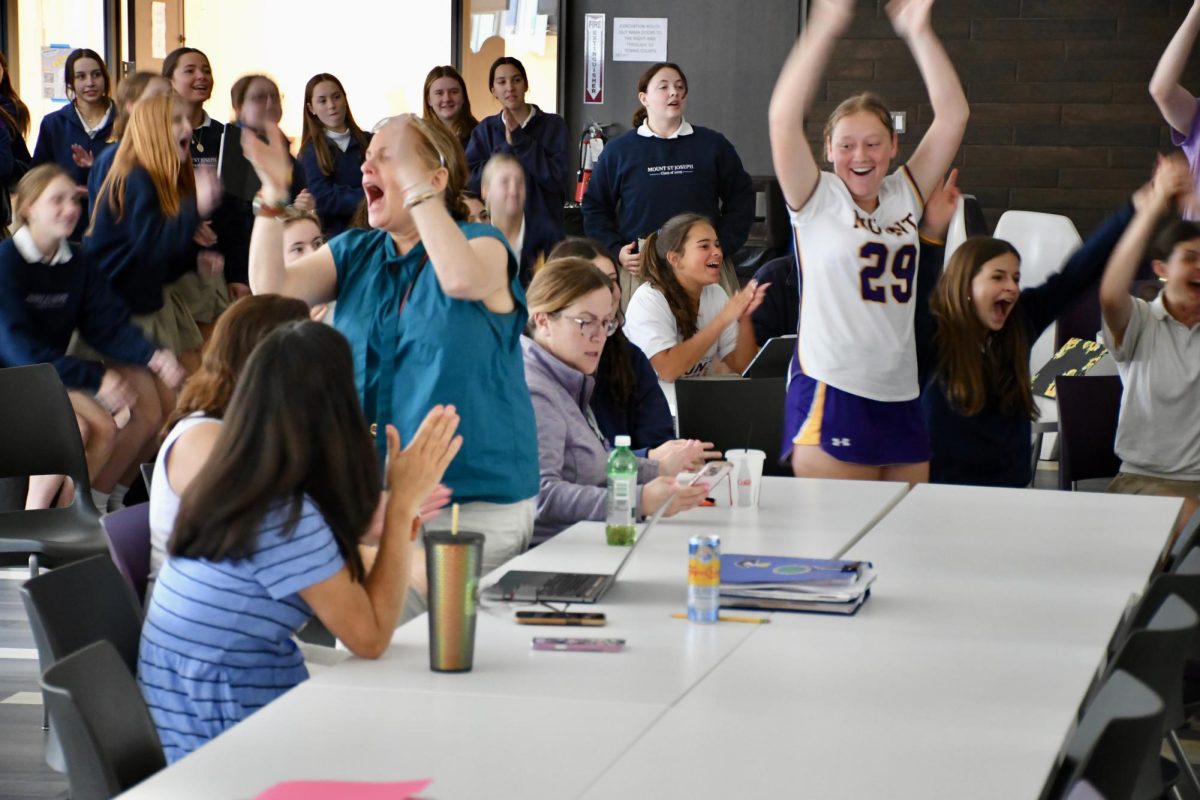
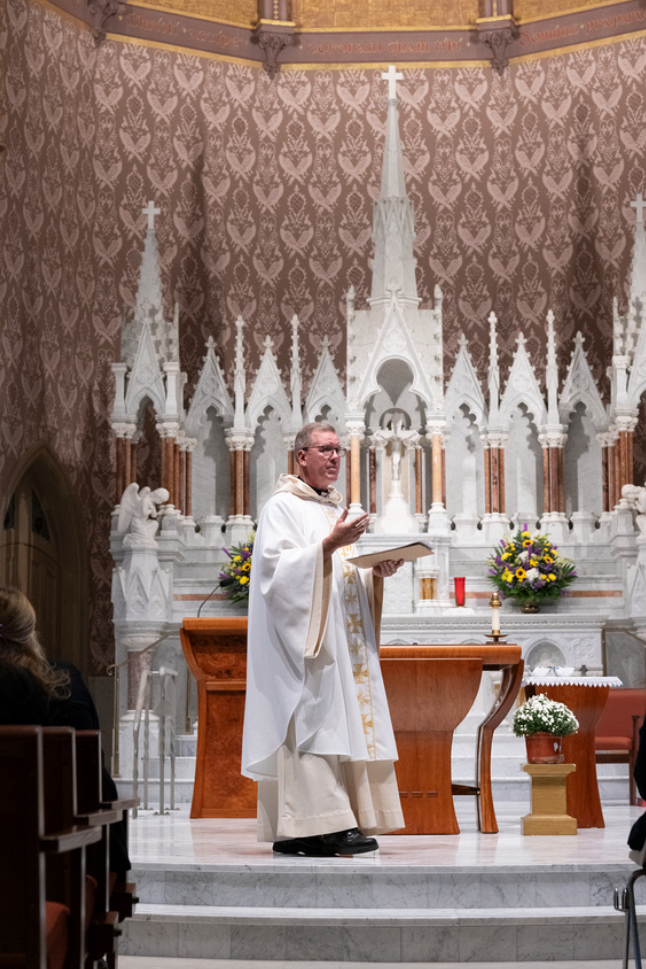
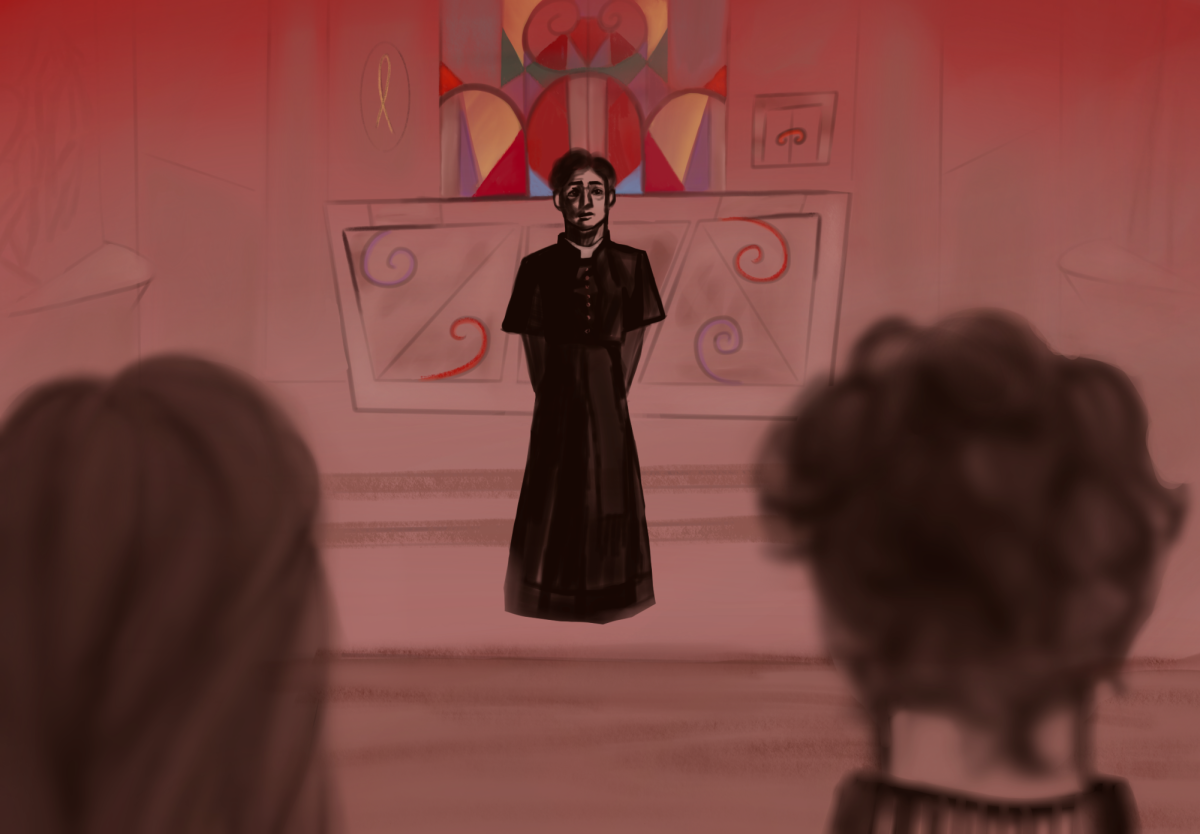



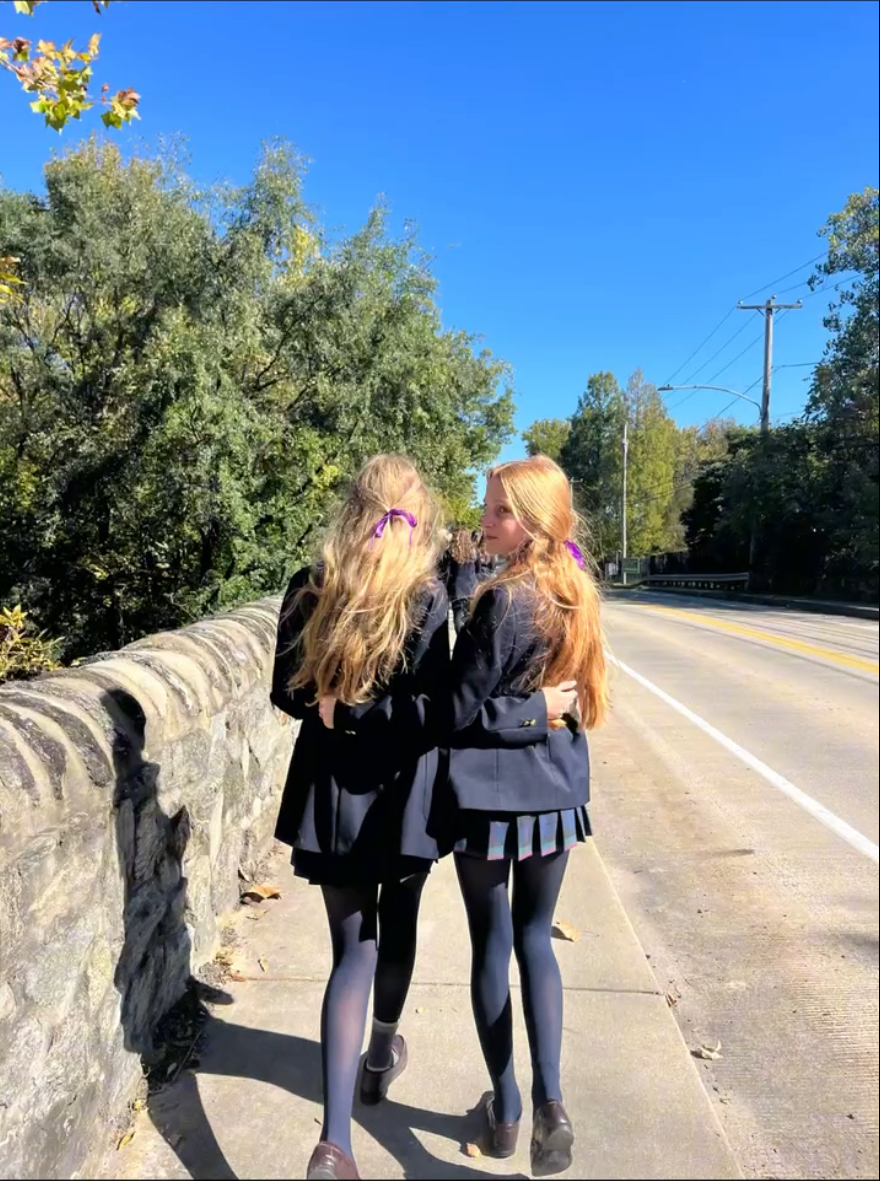




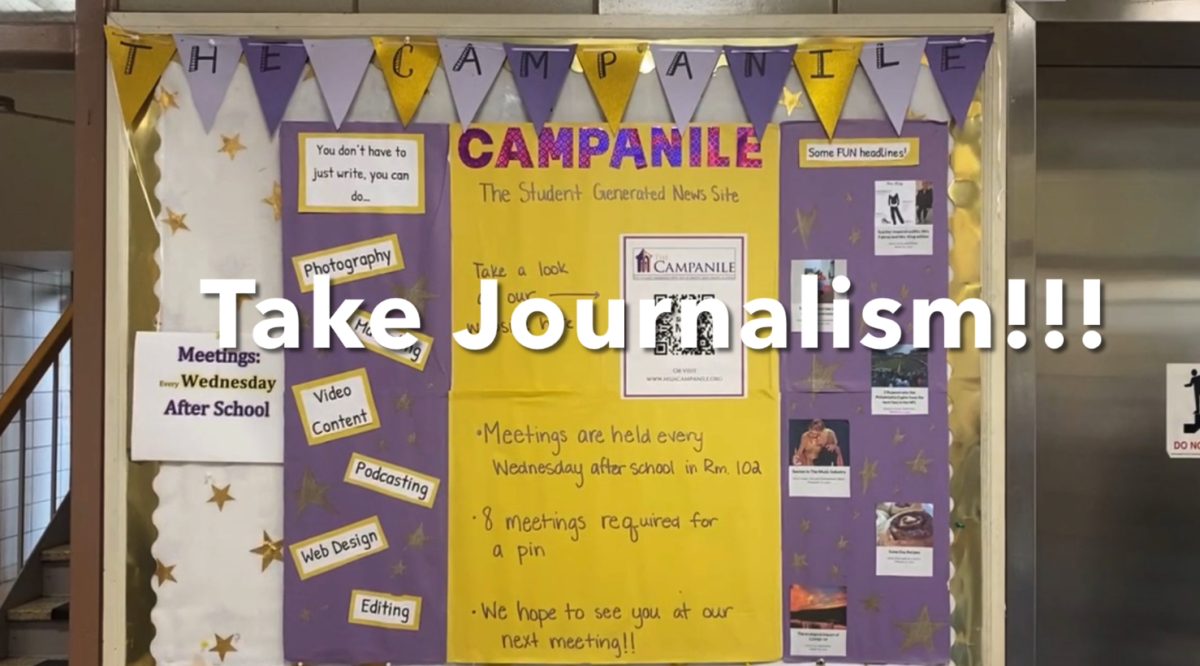

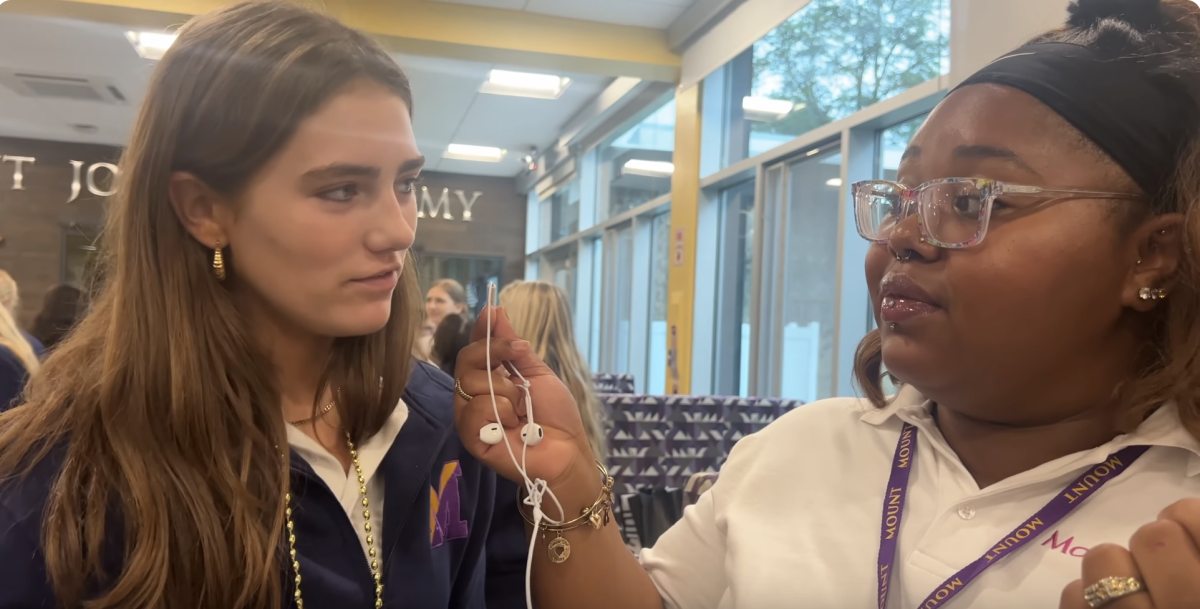
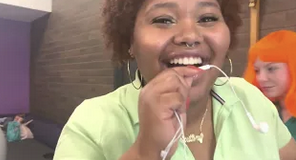
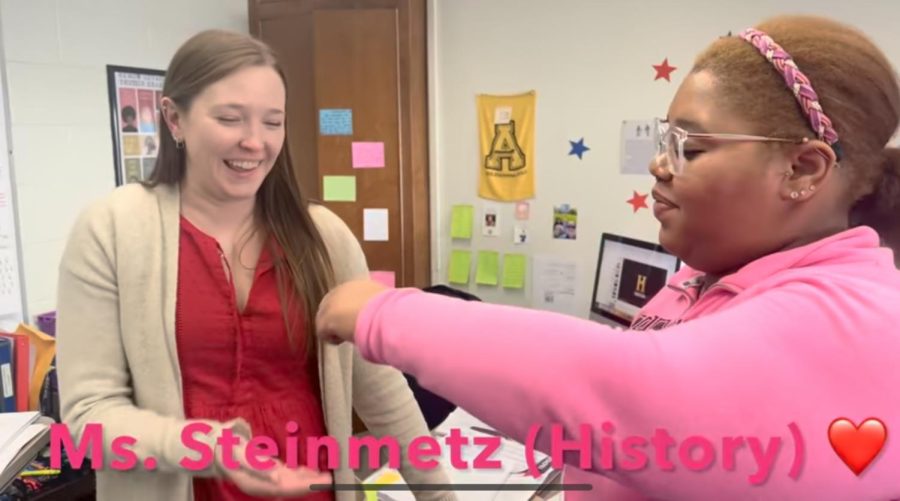






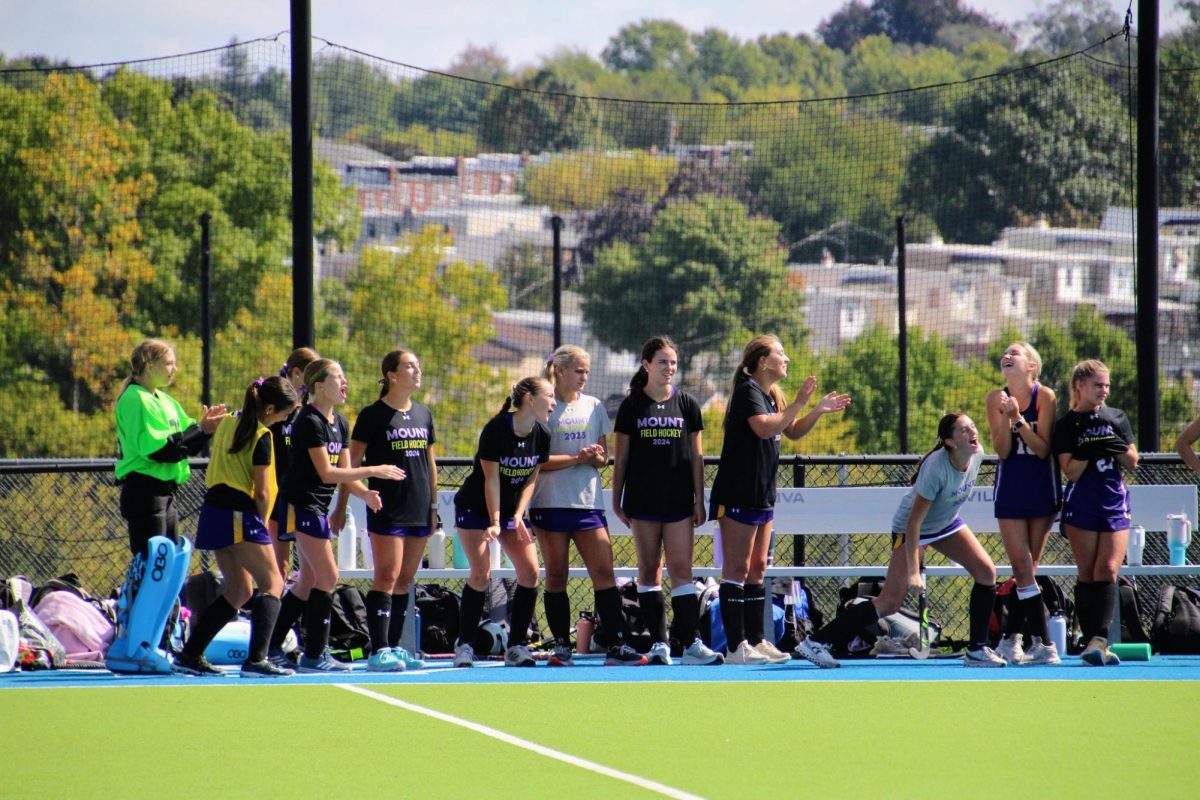

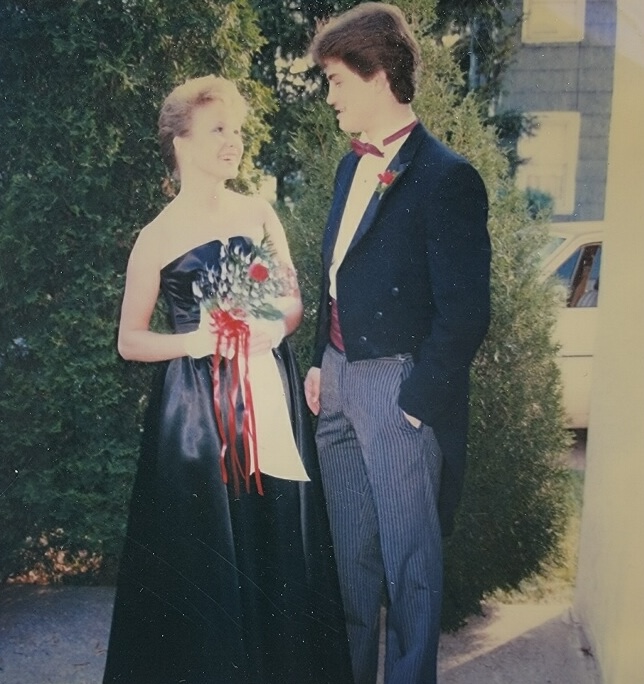

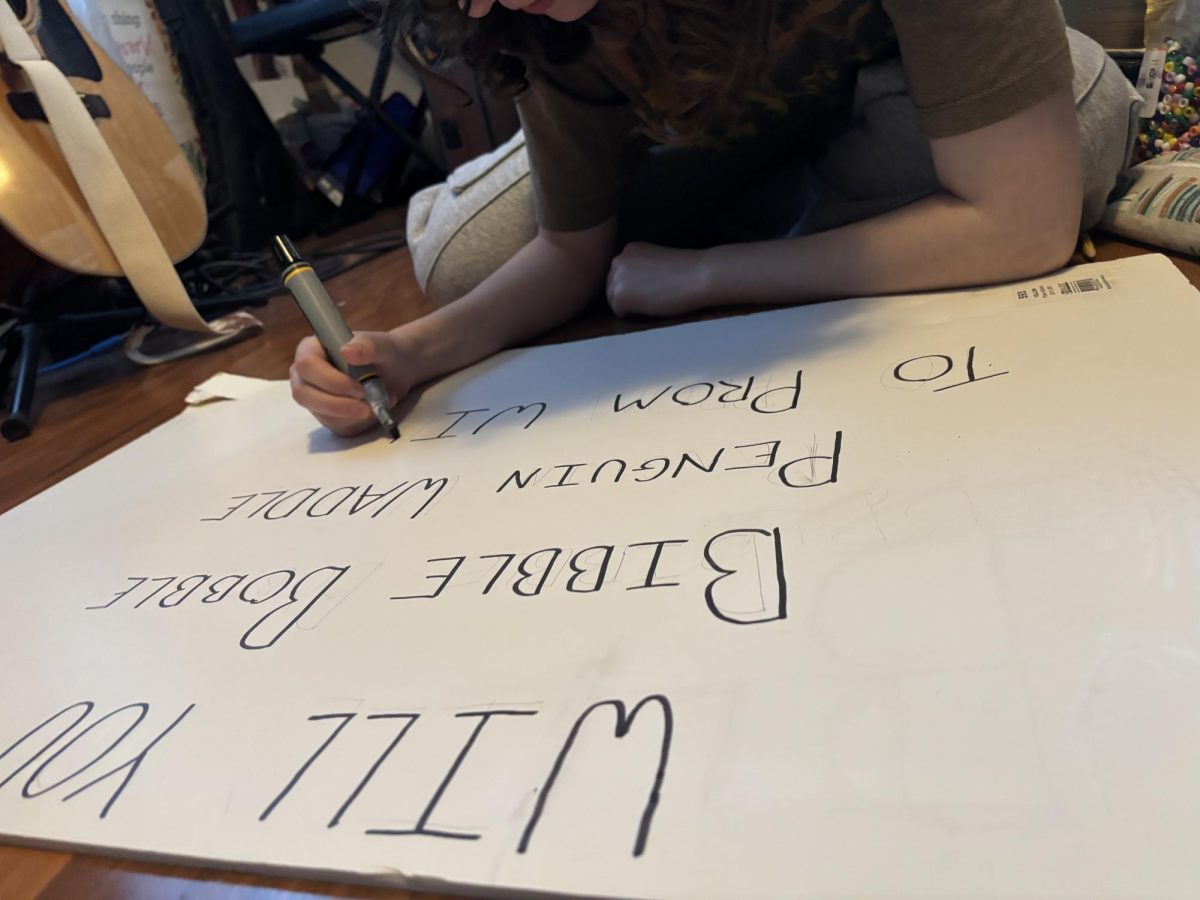




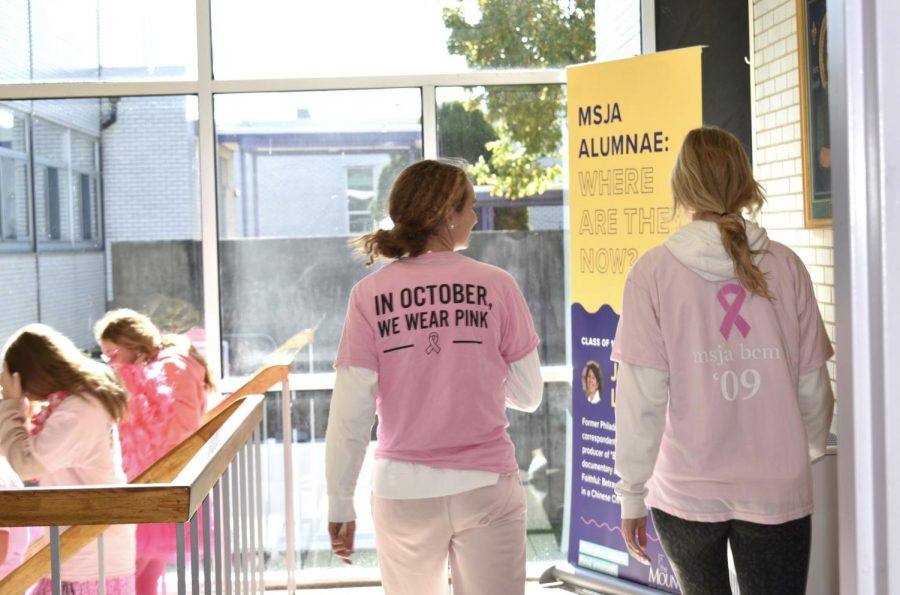



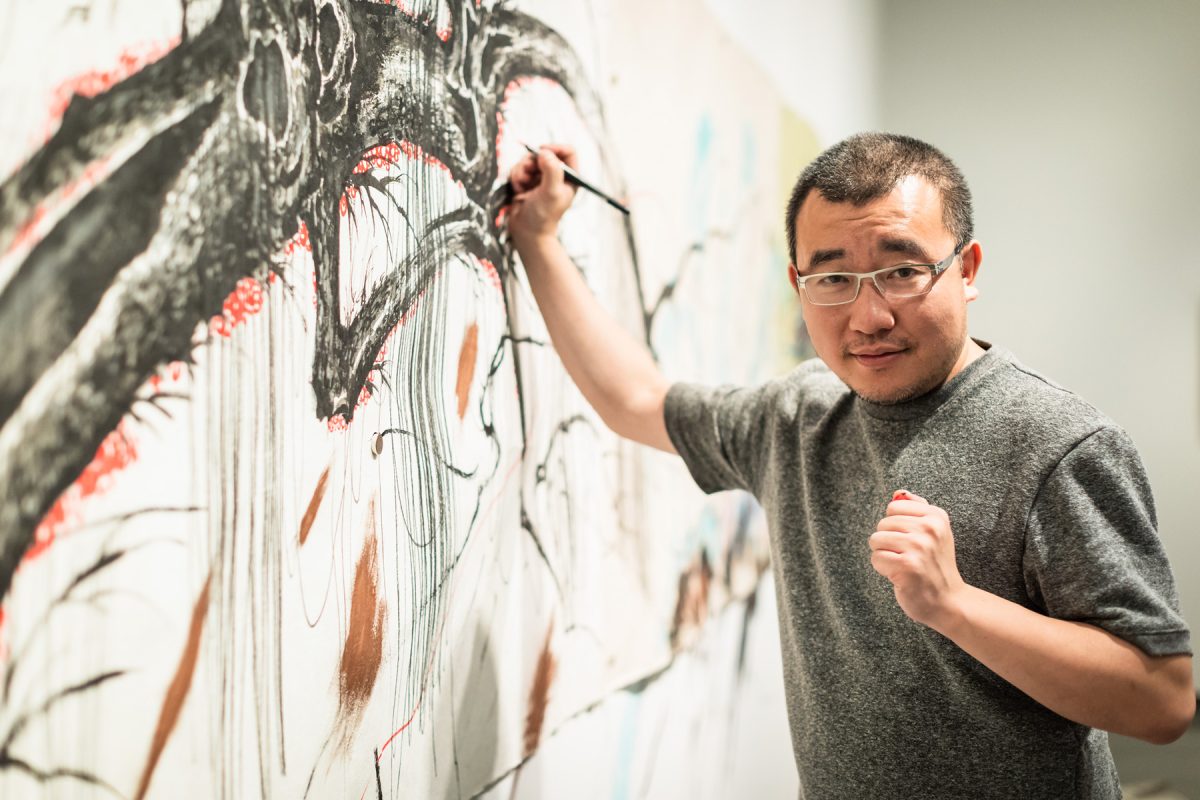

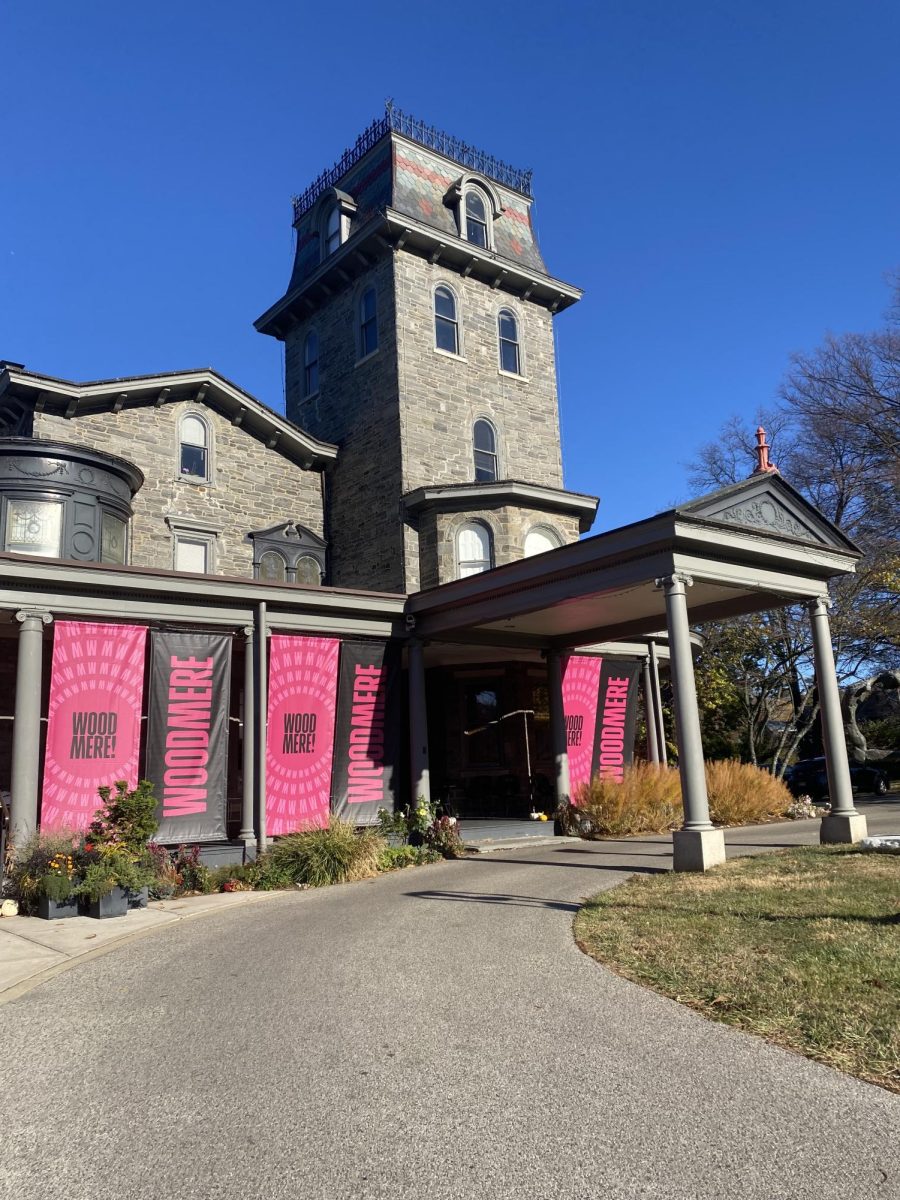



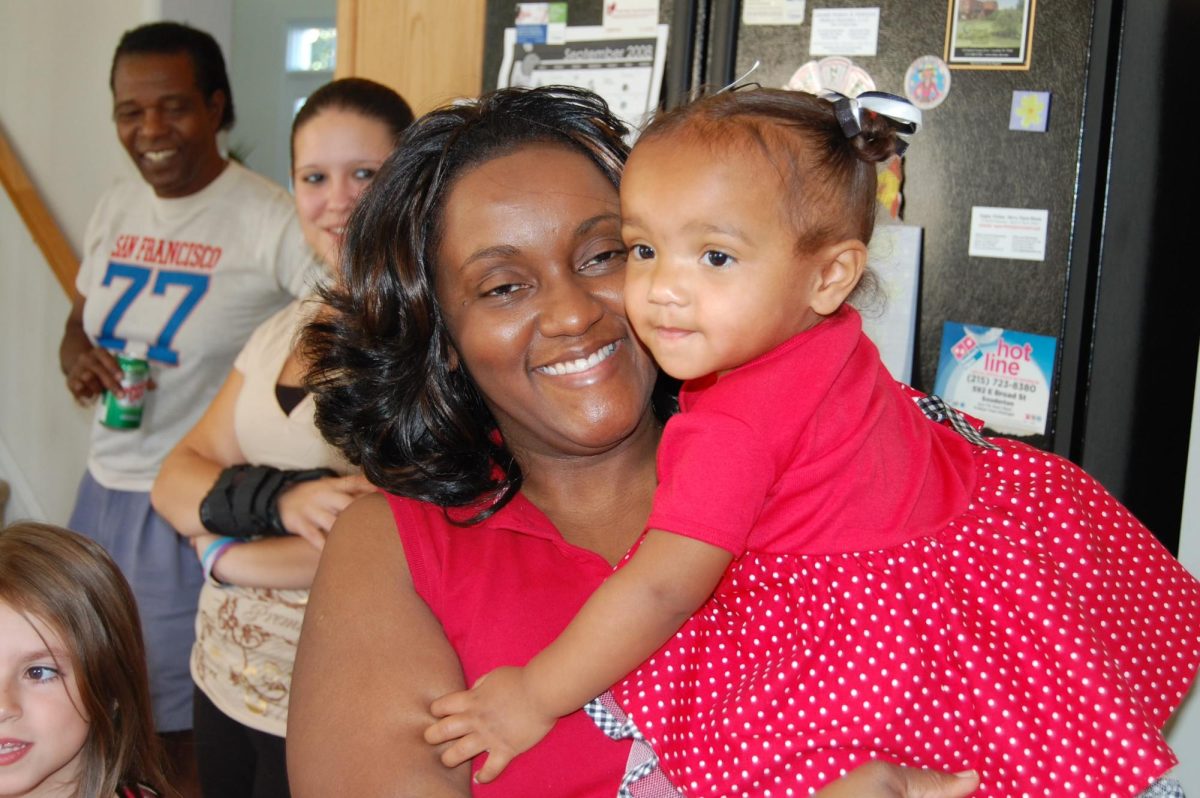



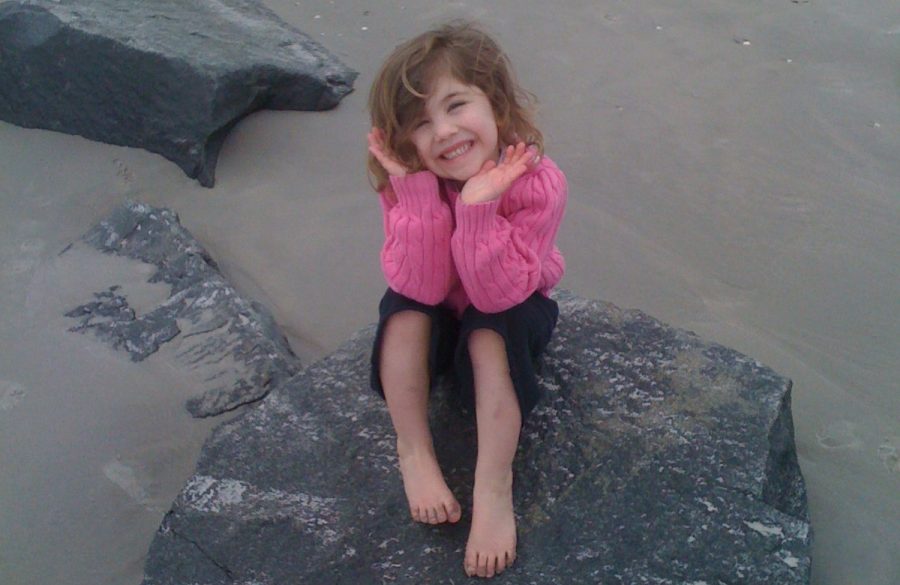


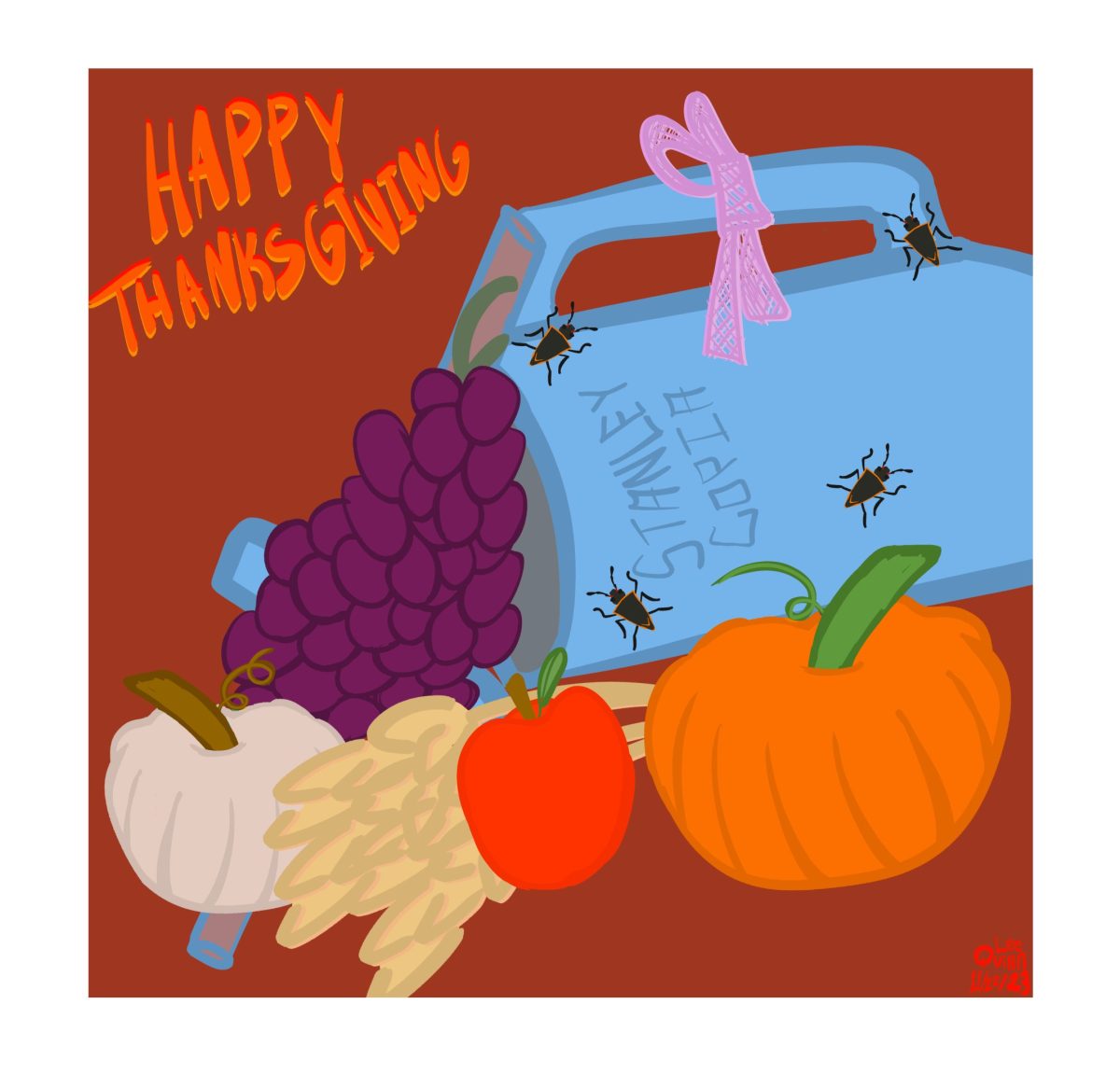
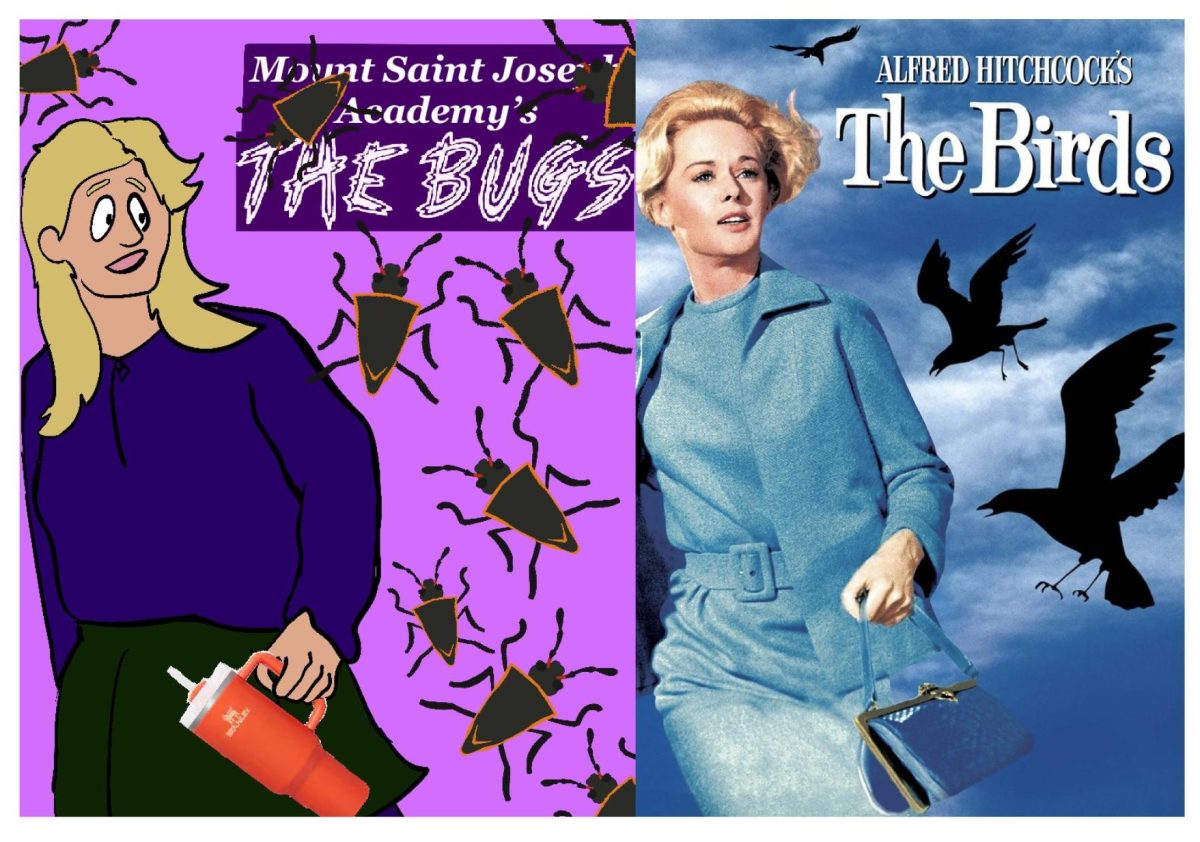
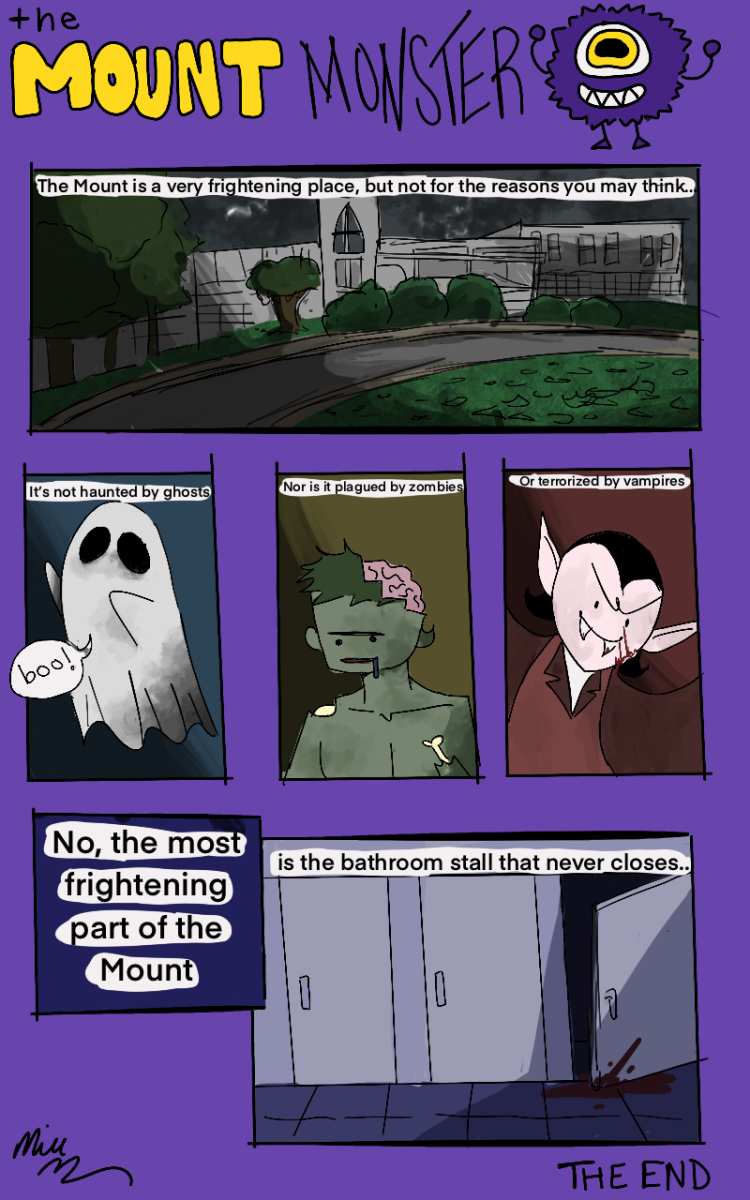
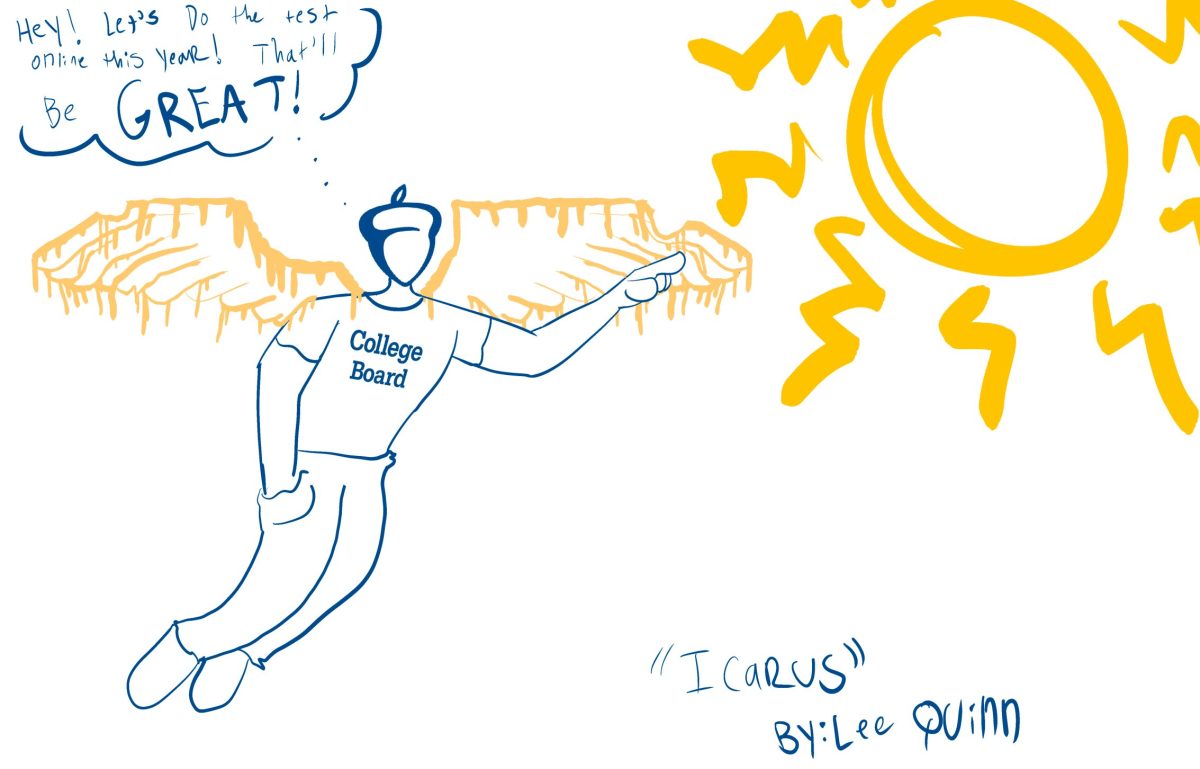






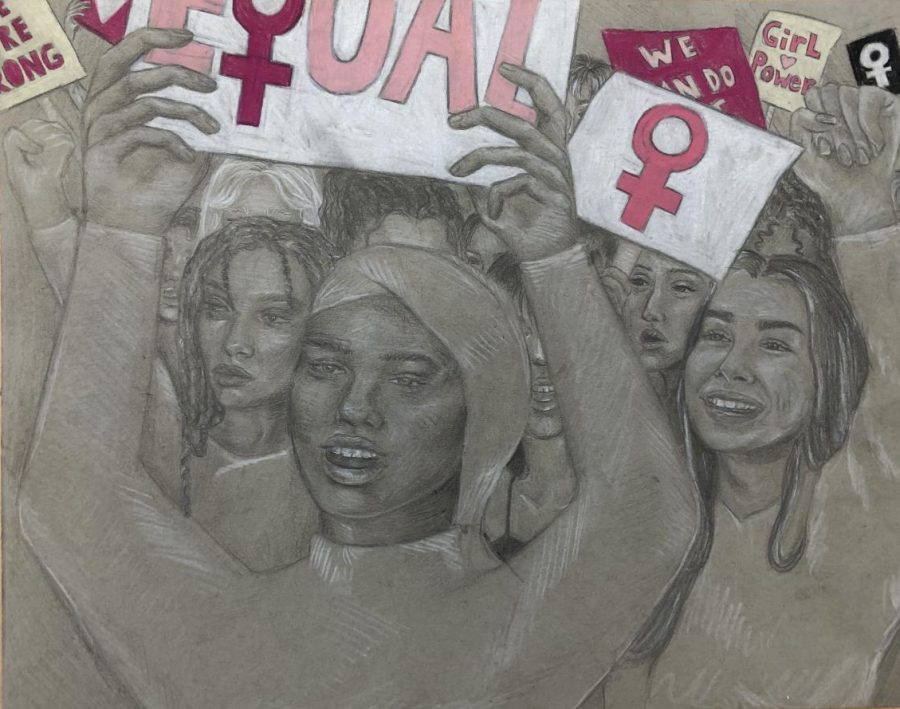
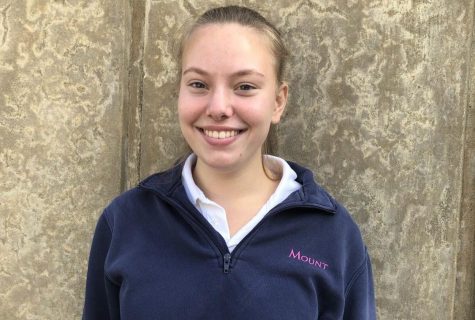
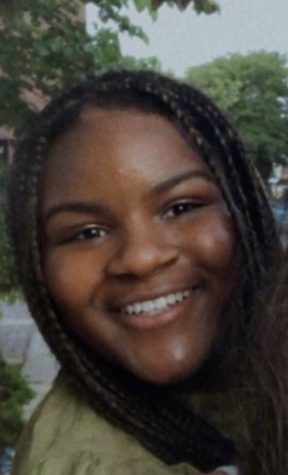
Mackenzie Craig • May 21, 2021 at 9:03 am
Really well written guys!!! This issue is so important, glad to hear that the community is coming together to make change!!
Mrs. Fabrey • Nov 13, 2020 at 2:54 pm
Kudos to Sydney and Anna on this excellent collaboration!